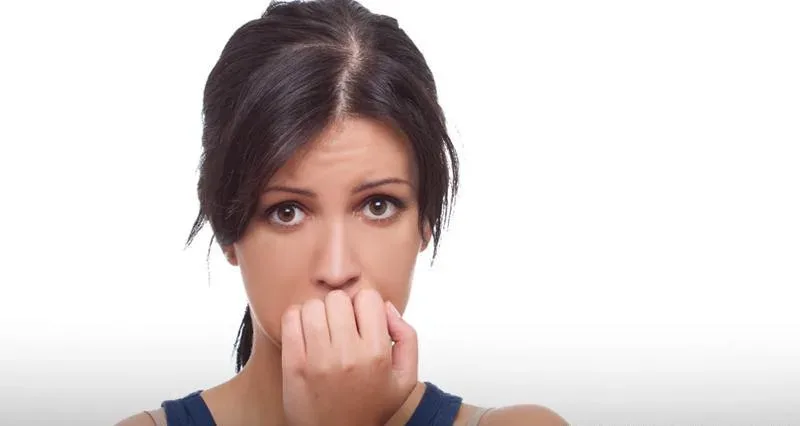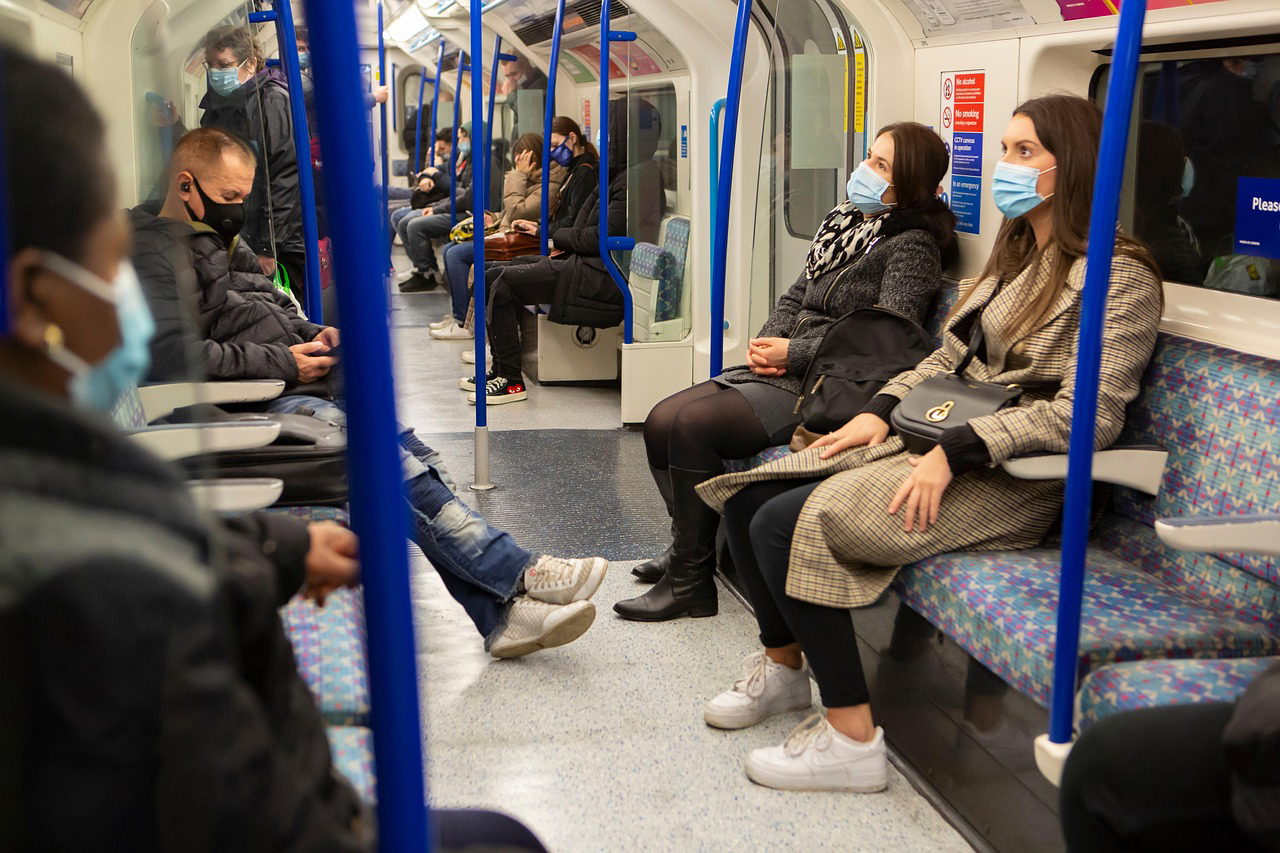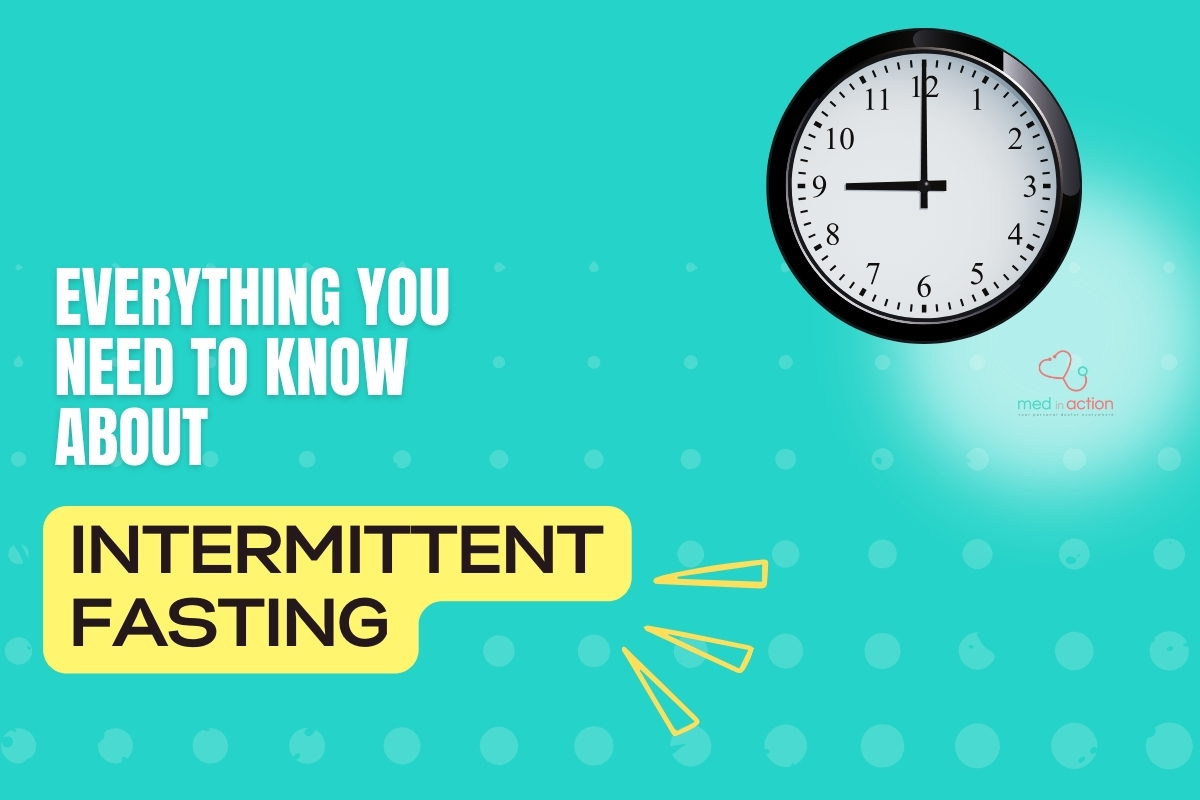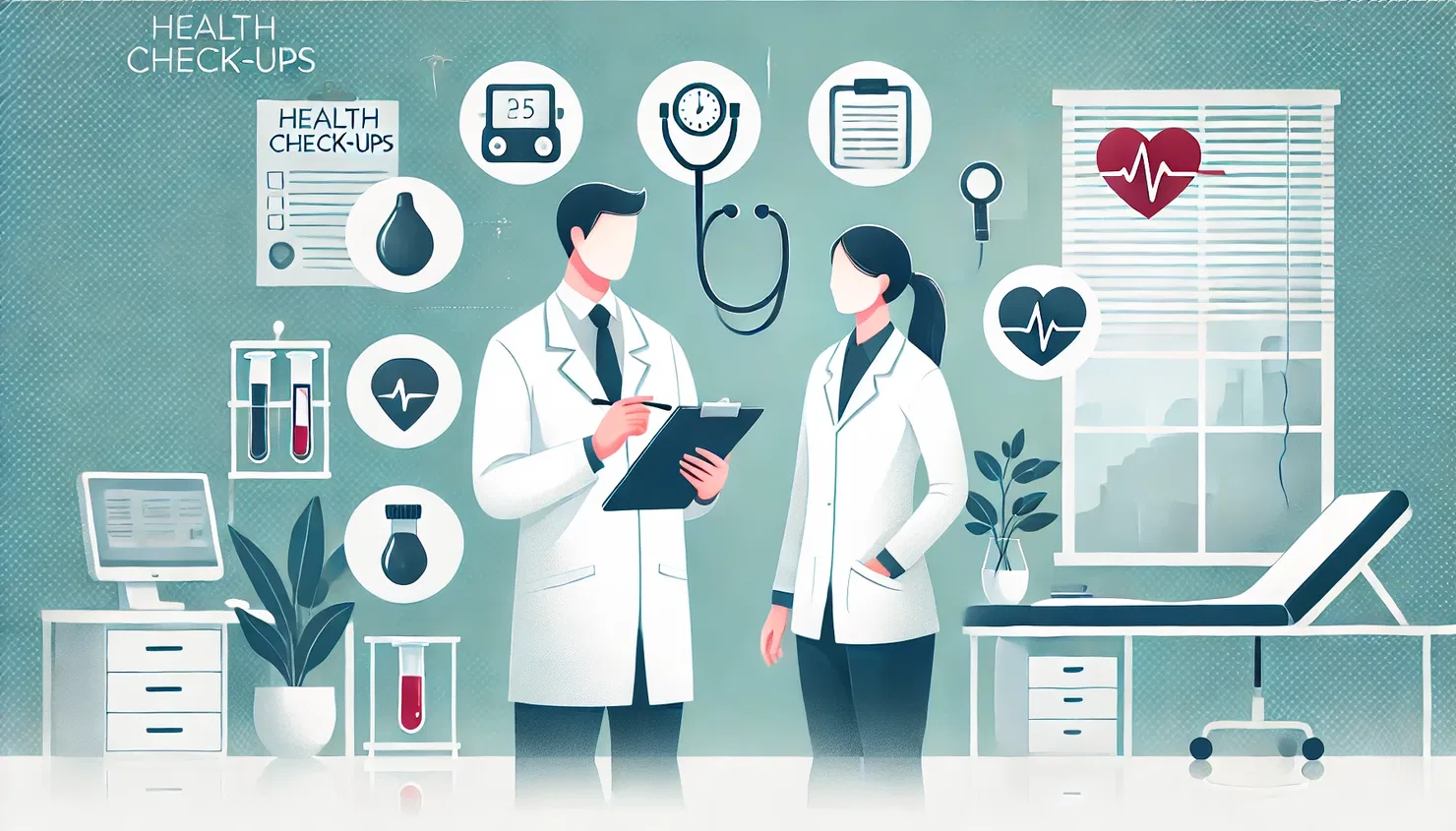Picture the following situation. You are on a date and you cannot think of anything to say. Awkward silence ensues. You begin to feel hot and sweaty. Your breathing increases and your stomach turns, making you nauseous. Your muscles start twitching and your fingers and toes go cold. You panic. This is self-conscious anxiety. Now here is the science behind it!
Being Awkward Hurts
You might think that social awkwardness and physical pain are not quite the same thing, but your mind doesn’t quite agree. The thing is, the physiologically modern human brain developed long before modern human society did. Back then, the vast majority of stressful situations were provoked by threats to survival, and our fight-or-flight response was, and still is, the body’s main reaction mechnism to said situations. For example, if you meet a bear in the woods, your body will automatically begin to raise its temperature and accelerate in order to prepare you to run. Digestion will cease, giving you a feeling of nausea. Blood vessels in your extremities will contract to prioritize internal organs, leaving you with cold fingers and toes. You’ll get an urge to run. Sound familiar? These are the exact same patterns we experience with self-conscious anxiety and there is a very good reason for that.
Researchers at the National Academy of Sciences have shown that socially awkward situations activate, among other things, the secondary somatosensory cortex and dorsal posterior insula – the areas of the brain that are connected to physical pain (Kross, et al.) This, essentially, means that our minds process awkward silences and gut-punches through similar neural pathways. Once we look at evolution, however, this becomes not all that surprising. Human beings have been anatomically the same for around 300,000 years, but social situations have become infinitely more complex. The fact is that we haven’t had time to evolve modern reactions, so we’re stuck with the primitive ones.
Awkward Stays with You
In elementary school, I called my teacher mom once, and to this day, my entire body cringes every time I think of it. Why is that? Why do we remember every little detail of even the smallest awkward interaction for decades to come? Psychology would refer us to the effects of negativity bias. Negativity bias describes a cognitive bias in which, all things being equal, more attention and importance are placed on negative experiences and information than on positive ones. In fact, we have more words for negative emotions than for positive ones, and we even have more vocabulary to describe negativity with than positivity (Fredrickson). It makes sense, then, that we cannot easily get over our social blunders. Surely, we think, the other person remembers too. They probably tell all their friends of how awkward we were. They must be as fixated on that weird interaction just as much as we are. Well, I am here to tell you that they are not.
No One Cares!
Ann Landers wrote once that “at age 20, we worry about what others think of us. At age 40, we don’t care what they think of us. At age 60, we discover they haven’t been thinking of us at all.” The lesson is, that perspective is key. As much as we obsess over ourselves, we are not the first thing on everyone else’s mind. They think about themselves, what we think of them, and mostly, what they think of themselves. In Psychology, the tendency to think we are the true center of the universe is called Protagonist Disease and we are all guilty of it. It is motivated mostly by our availability heuristic – the predisposition for considering information immediately available to be more important. Therefore, since we always have an infinite amount of information about ourselves, we always think it matters. It rarely does though. There is no danger in a moment of awkwardness, and no one really remembers those. The fact is, that the supposed reasoning behind social-anxiety – social repercussion, is simply a figment of our imagination. As Eleanor Roosevelt said; “You’ll worry less about what people think of you when you realize how seldom they do.”
For help with anxiety and all thing related to mental health, schedule an appointment with one of our specialists by clicking here.
Fredrickson, Barbara L. “What Good Are Positive Emotions?” Review of General Psychology: Journal of Division 1, of the American Psychological Association, U.S. National Library of Medicine, Sept. 1998, www.ncbi.nlm.nih.gov/pmc/articles/PMC3156001/.
[su_divider top=”no” divider_color=”#f97575″ size=”1″]
Ask for an advice from an expert. Insert your data, you will be contacted shortly!
[wpforms id=”14577″ title=”false” description=”false”]




